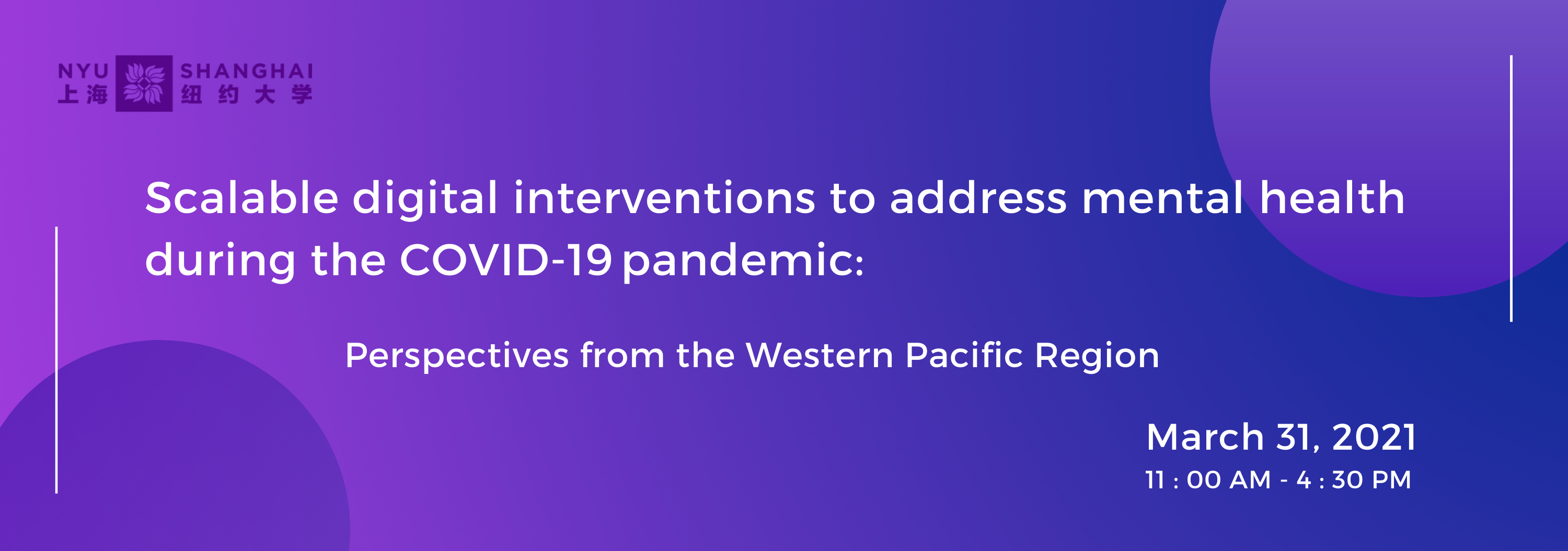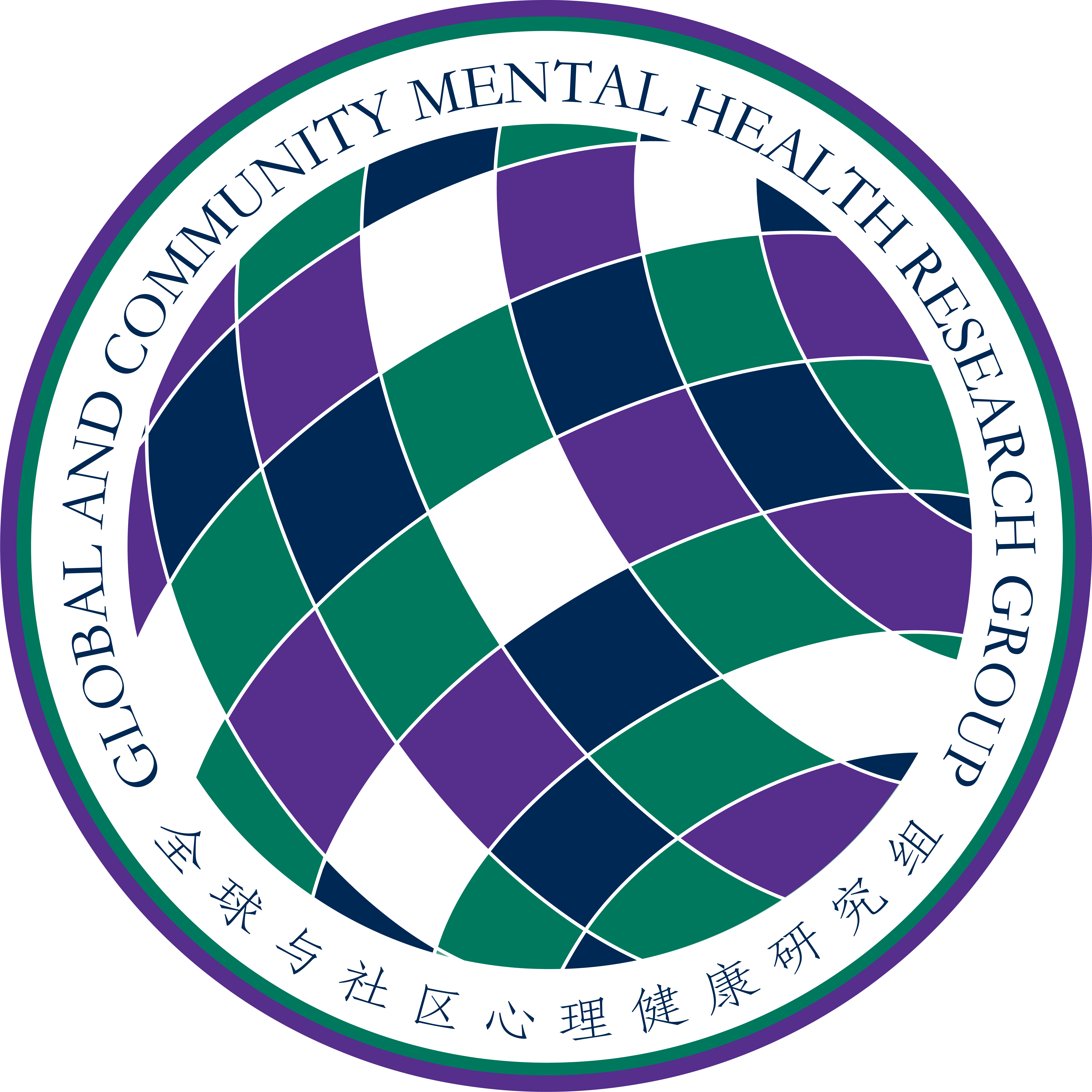

Mental health interventions applied during the COVID-19 Pandemic: results from a regional scoping review
Speaker: Prof. Brian Hall
This scoping review asked the broad question: what non-pharmacological interventions were delivered during the COVID-19 pandemic to address mental health in the Western Pacific Region? A combination of academic and gray literature was searched (between January and March 2020) including informal narratives or documentation from organizations (e.g., non-governmental organizations (NGOs), and professional associations. A total of 24,706 records (14,690 database and 10,016 gray literature) were searched across 34 countries and territories, yielding 143 sources, and 174 unique intervention programs. Thematic analysis was undertaken and results were mapped onto the Inter-Agency Standing Committee (IASC) intervention pyramid and the IASC 4Ws Tool. The results of the scoping review indicated that a majority of interventions were delivered remotely and using digital technology, and were delivered by non-specialist supports (43%). Key gaps were identified in the engagement with vulnerable populations in the region.

Cultural adaptation of a digital mental health intervention for depression in Chinese young adults
Speaker: Ms. Hao Fong Sit
Digital mental health intervention can address the mental health needs of populations. Cultural adaptation is essential to enhance scalability of the evidence-based mental health interventions and that could lead to successful intervention implementation in a new context. The presentation will describe the cultural adaptation for a digital mental health intervention (Step-by-Step) for depression among Chinese young adults in Macao (SAR), China. The adaptation process included 1) stage setting and expert consultation; 2) preliminary content adaptation; 3) iterative content adaptation; 4) finalized adaptation. Cognitive interviewing was conducted to probe for relevance, acceptability, comprehensibility, and completeness of the materials (i.e., illustrations and text). The talk will also share the experience and outcomes of the cultural adaptation using the Ecological Validity Model and 4-point procedure framework for cultural adaptation.

Implementation Science approaches to scale digital mental health interventions: Kumusta Kabayan in Macao (SAR) China
Speaker: Dr. Andrian Liem
Kumusta Kabayan (KK) is a digital mental health intervention using mobile and web-based applications. KK is a culturally adapted version of the WHO program Step-by-Step for-and-among overseas Filipino workers (OFWs) in Macao Special Administrative Region (SAR) China. This sharing session will discuss Implementation Science approaches, particularly through hybrid effectiveness-implementation designs. These designs were originally introduced to accelerate the translation of clinical research into more effective implementation strategies and policies. The Type 1 hybrid effectiveness-implementation trial design was used in the KK pilot trial. Compared to other designs, the Type 1 design is more focused on effectiveness than on implementation strategy, which will be discussed how it was applied in the KK pilot trial. The sharing will also introduce the Reach-Efficacy/Effectiveness-Adoption-Implementation-Maintenance (RE-AIM) framework, which was utilized because it is a well-recognized tool that improves the sustainability and scale up of evidence-based practices.

Working with software developers to create digital mental health solutions
Speaker: Mr. Sebastian Burchert
Digital mental health solutions have introduced innovative approaches to addressing treatment gaps in mental health care worldwide. At the same time, new technical and legal requirements were introduced as projects in this field rely heavily on stable, secure and user-friendly technical infrastructure. Ideally, apps and websites for digital mental health are developed by interdisciplinary teams that consist of researchers, healthcare providers, client representatives, software developers, designers and data protection experts.
The presentation provides an overview on the most important factors related to software development and maintenance that need to be taken into account at different stages of a digital mental health project. Common misconceptions and pitfalls will be addressed and measures to ensure efficient collaboration will be outlined. Finally, the presentation will provide a number of key questions that can guide decisions on whether and how to approach software development in a digital mental health project.

Trust for Disruptive Technology in Mental Health
Speaker: Mr. Marcus Schweizer
Disruptive technology, such as artificial intelligence, nano-technology and virtual reality, are increasingly bringing novel solutions that promise to transform the global mental health and wellbeing ecosystem for improved accessibility, affordability and efficacy. At the same time, significant ethical and safety concerns abound about health data privacy, real-world effectiveness and misuse of AI driven behavioural modification techniques, creating a barrier for consumers and clinicians to trust these services. Current systems of governance are not equipped to handle the significant challenges presented by new technology, or the blurring of lines between consumer apps and therapeutic medicine, and current proposed principles for technology in mental health lack practicality. Deloitte will highlight its work with the World Economic Forum and the New Zealand Ministry of Health to develop a flexible and practical governance toolkit for the global digital mental health ecosystem that is designed to incentivise safe, strategic and trusted mental health and wellbeing services.
